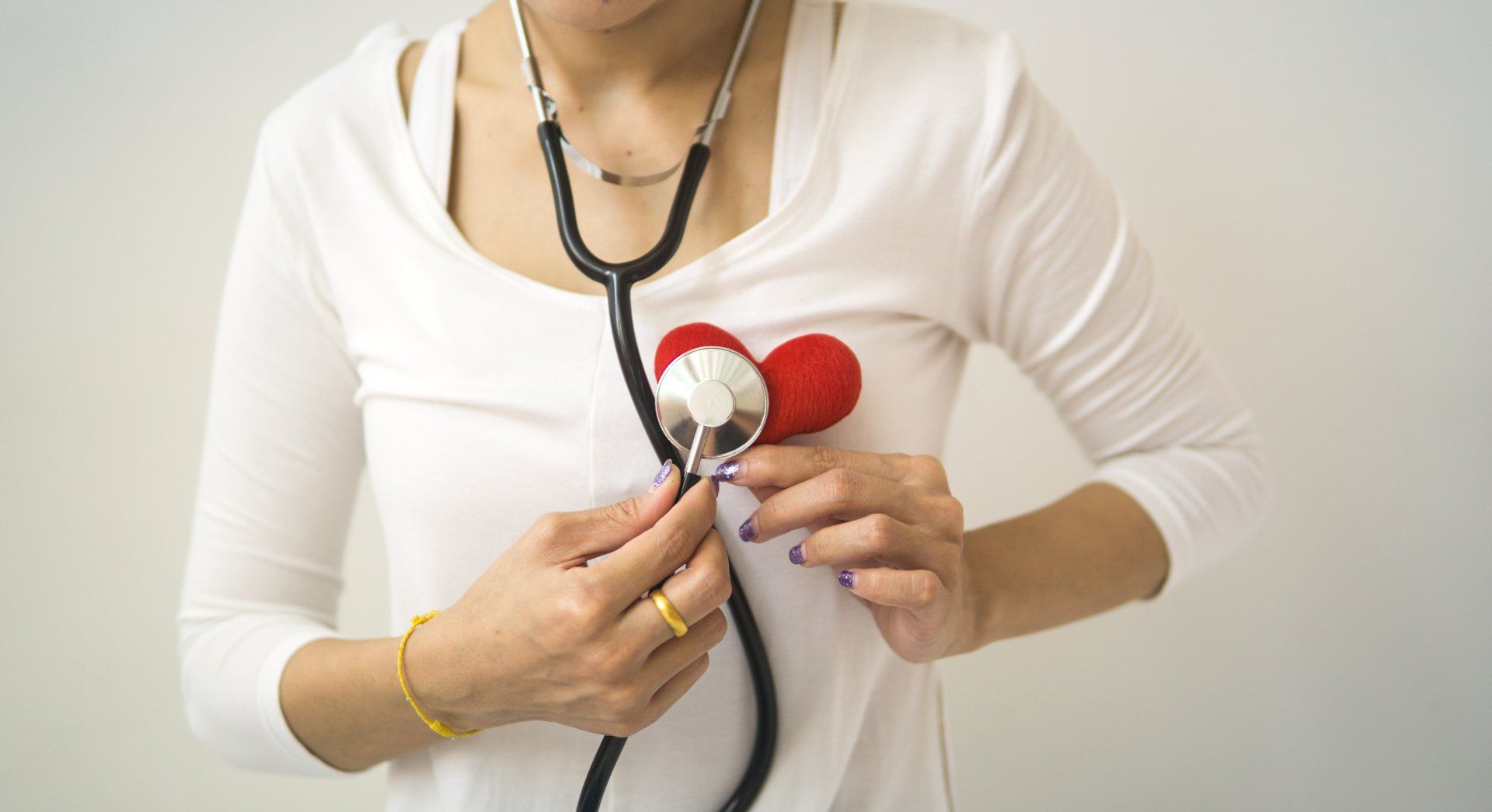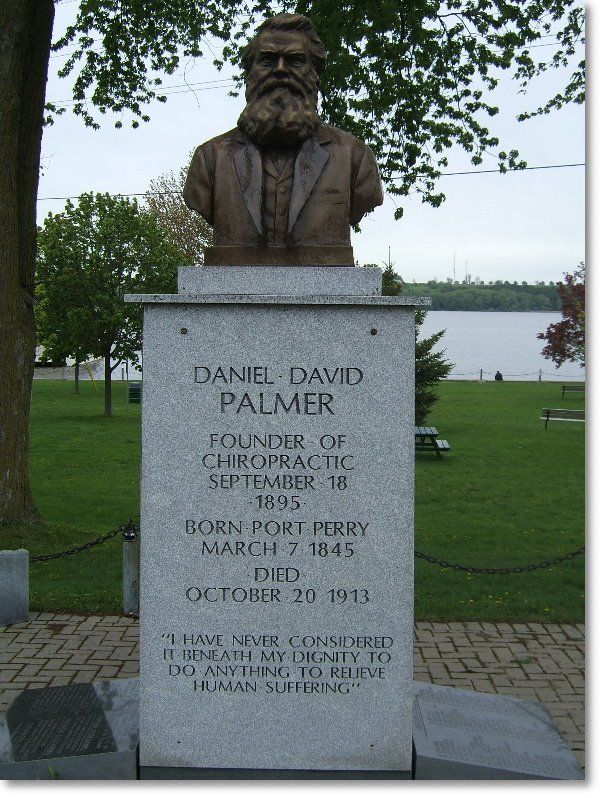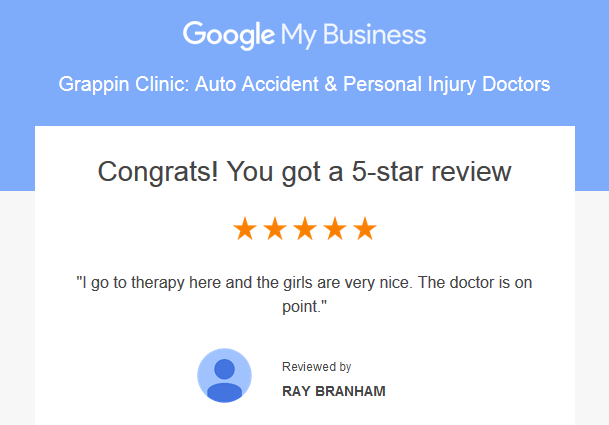Heart Health Guide
Heart Healthy: Signs of a Heart Attack and Other Common Heart Issues

Cardiovascular diseases affect nearly half of all American adults. Despite how common it is, many people don’t know how to recognize the signs of a heart attack.
Many people grow up with a movie scene image of a heart attack in their head: someone clutching their chest before collapsing. However, that’s not always what happens.
By learning more about the real symptoms of a heart attack, you can get help as soon as possible. In some cases, varying symptoms could indicate a common heart problem as well.
If you’re experiencing stomach issues, you might think you have a bug. Maybe something you ate is upsetting your stomach. In some cases, however, stomach issues could occur during a heart attack.
These signs of a heart attack can include:
Nausea
Indigestion
Stomach pain
Heartburn
Vomiting
Cardiovascular diseases are the number one cause of death worldwide. They take almost 18 million lives every year.
These patients most often experience chest discomfort. This pain could mean you have a blocked artery. You might also experience pressure or tightness in your chest.
If your symptoms last longer than a few minutes, call 911 immediately.
In some cases, chest pains could also indicate atherosclerotic or valvular heart disease.

3. Fatigue and Lightheadedness
You might experience dizziness or lightheadedness if you haven’t had enough to eat or drink. If you also have chest discomfort, tell a doctor about these heart attack symptoms as soon as possible.
Shortness of breath could indicate atherosclerotic disease or heart infection, too.
Your heartbeat will likely pick up if you’re excited or nervous. Too much caffeine or sleep deprivation could cause an irregular heartbeat, too. However, it could sometimes indicate atrial fibrillation, which requires medical attention.
In addition to chest pains, pain that spreads to the arms and legs are common symptoms of a heart attack as well. You might also notice swelling in your ankles, feet, and legs. These symptoms indicate your heart isn’t pumping fast enough.
If you notice these signs of heart disease, check with a doctor to test your blood pressure.
Don’t wait to seek treatment. If you recognize these signs of a heart attack, get help at once. Learning about these symptoms can help you receive the help you need before it’s too late.

























